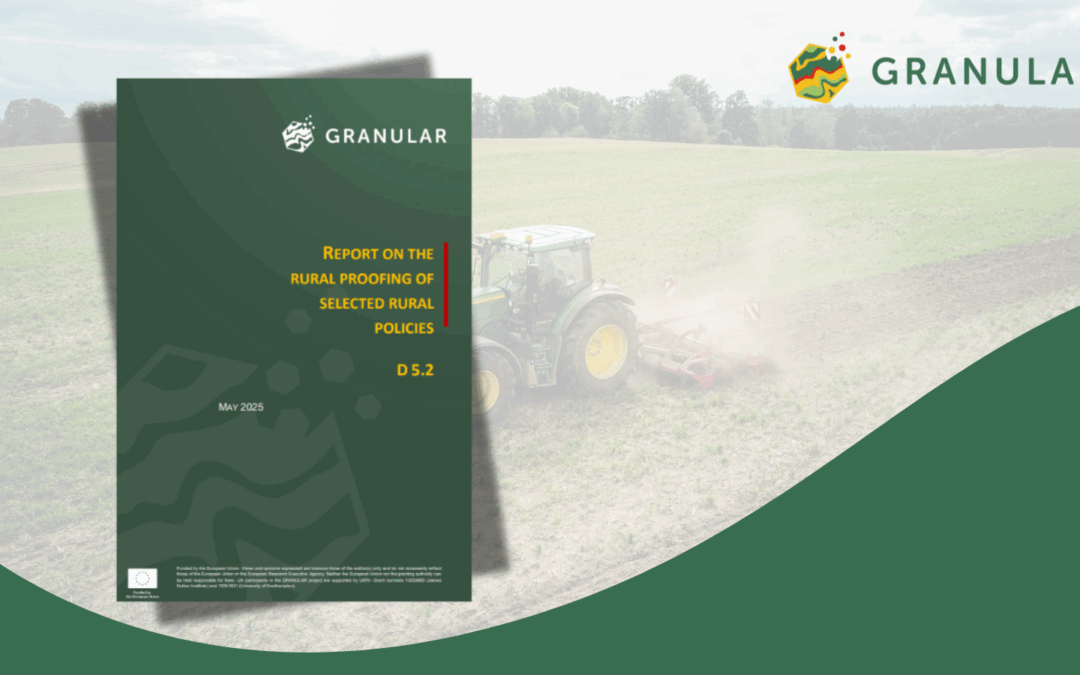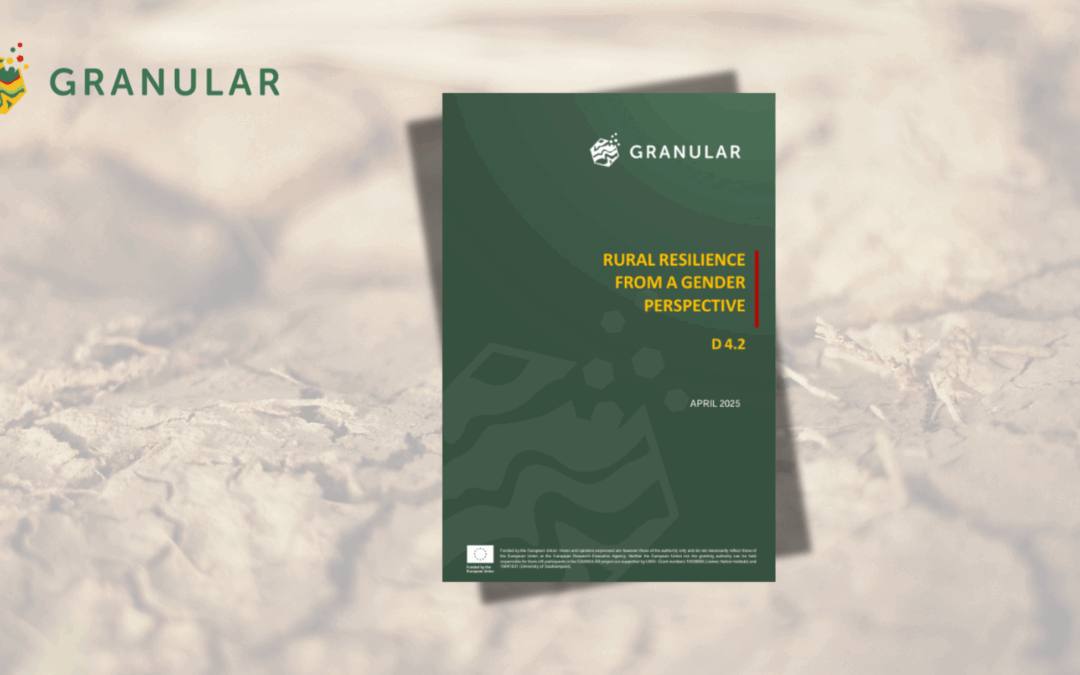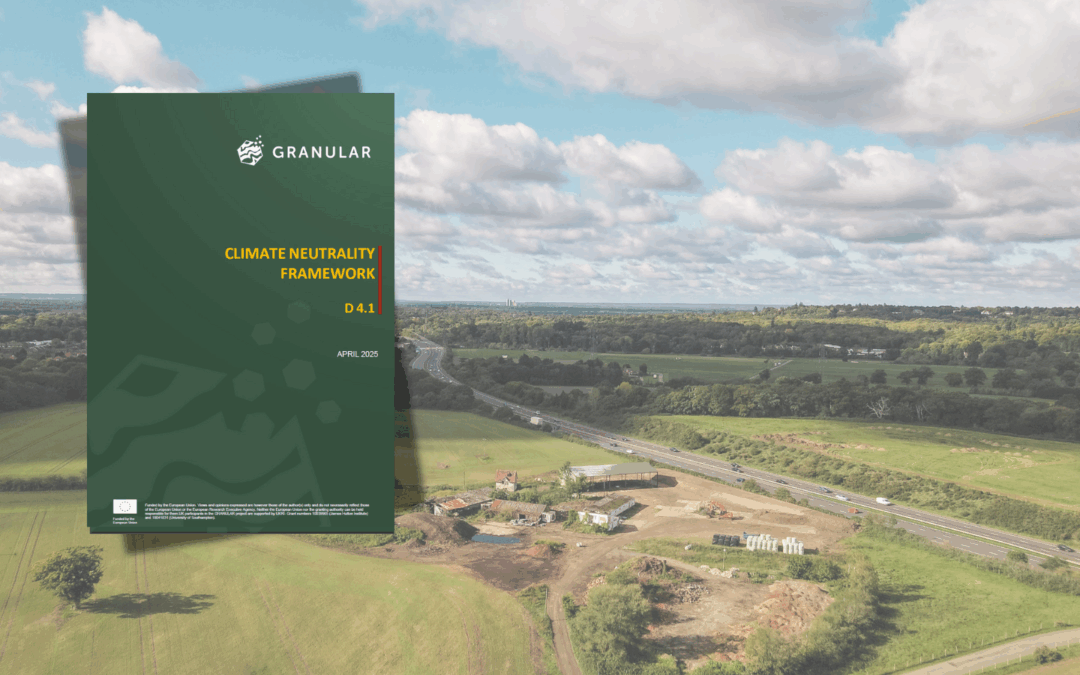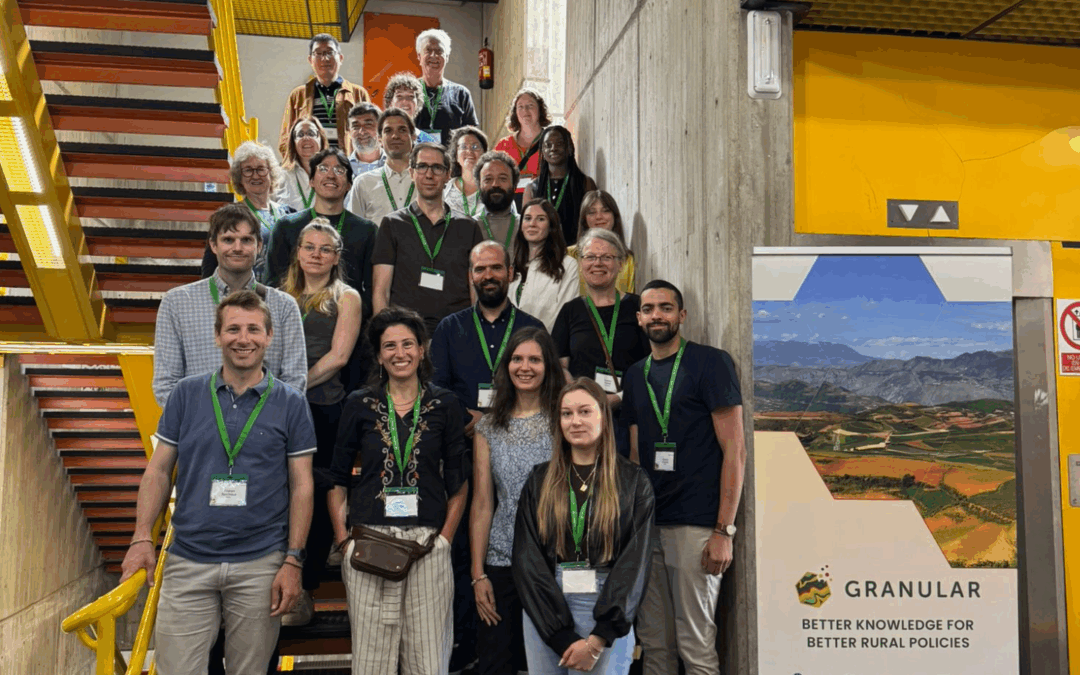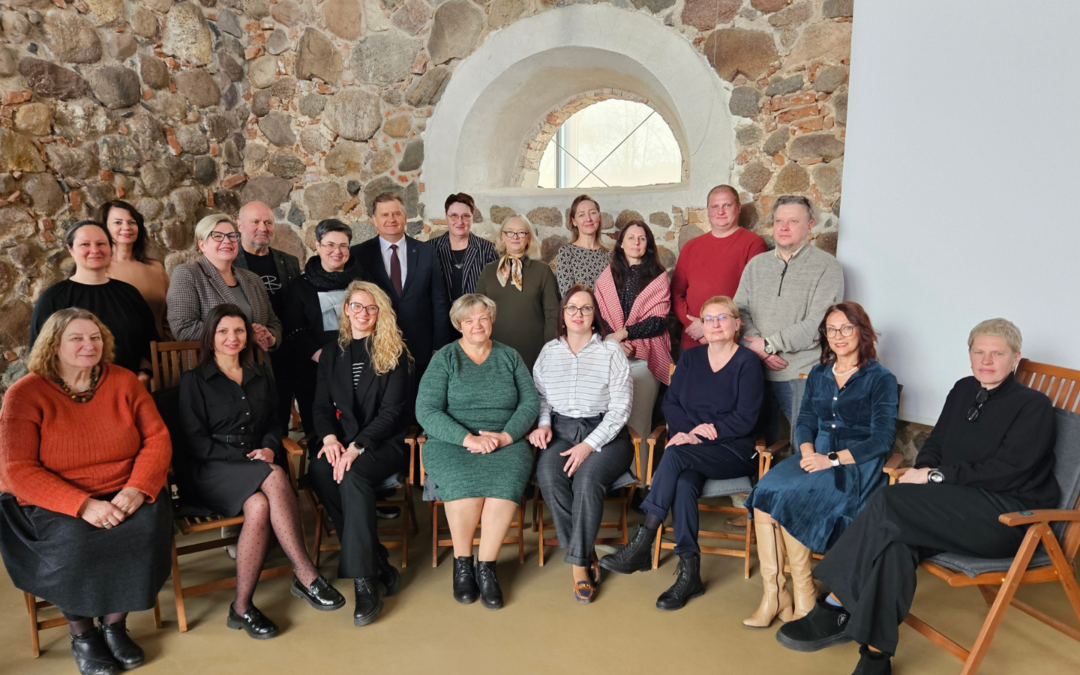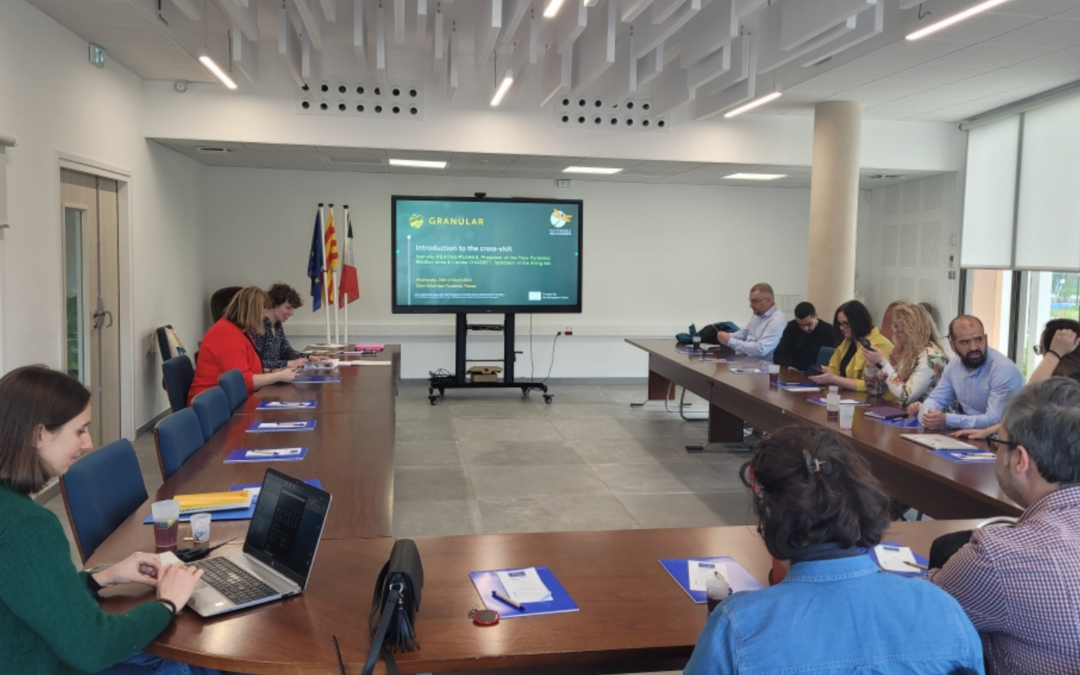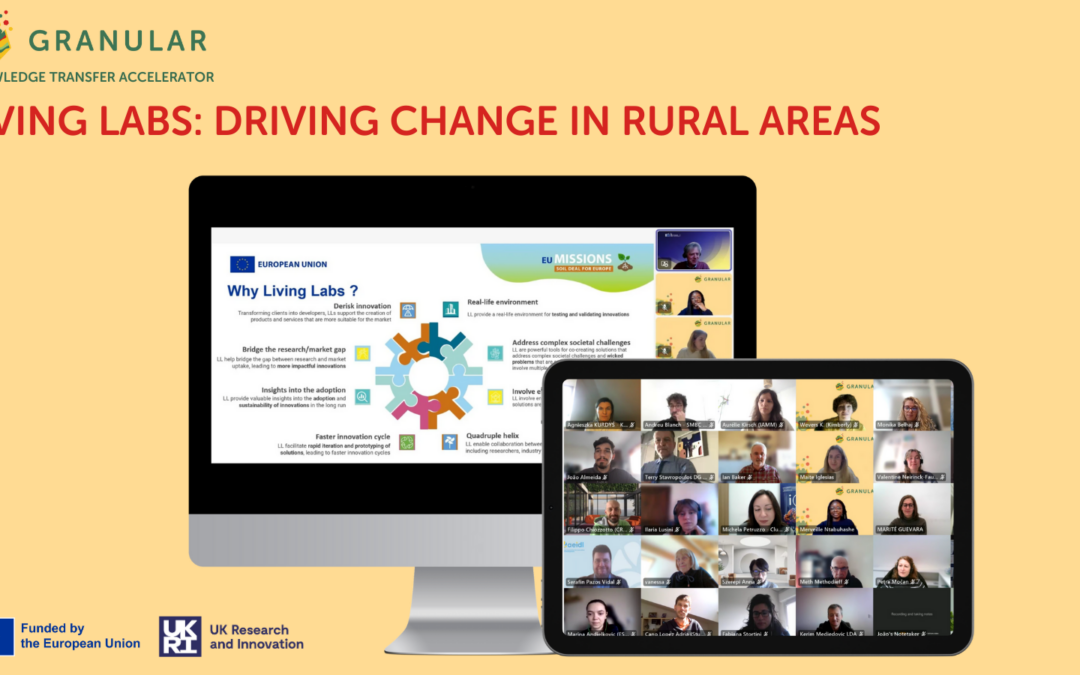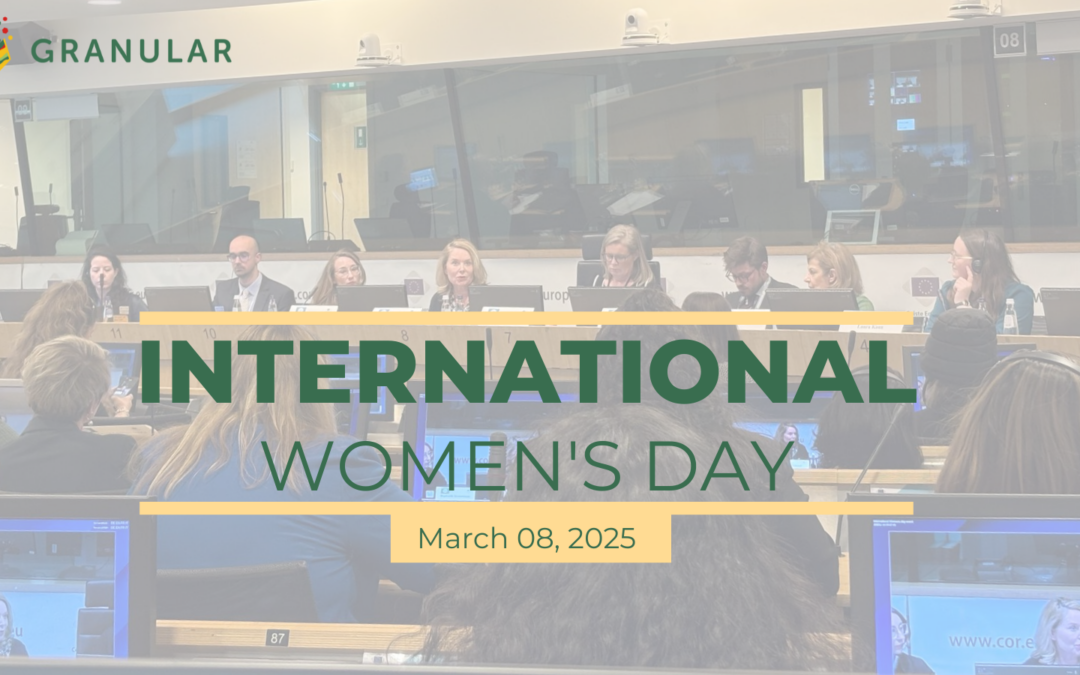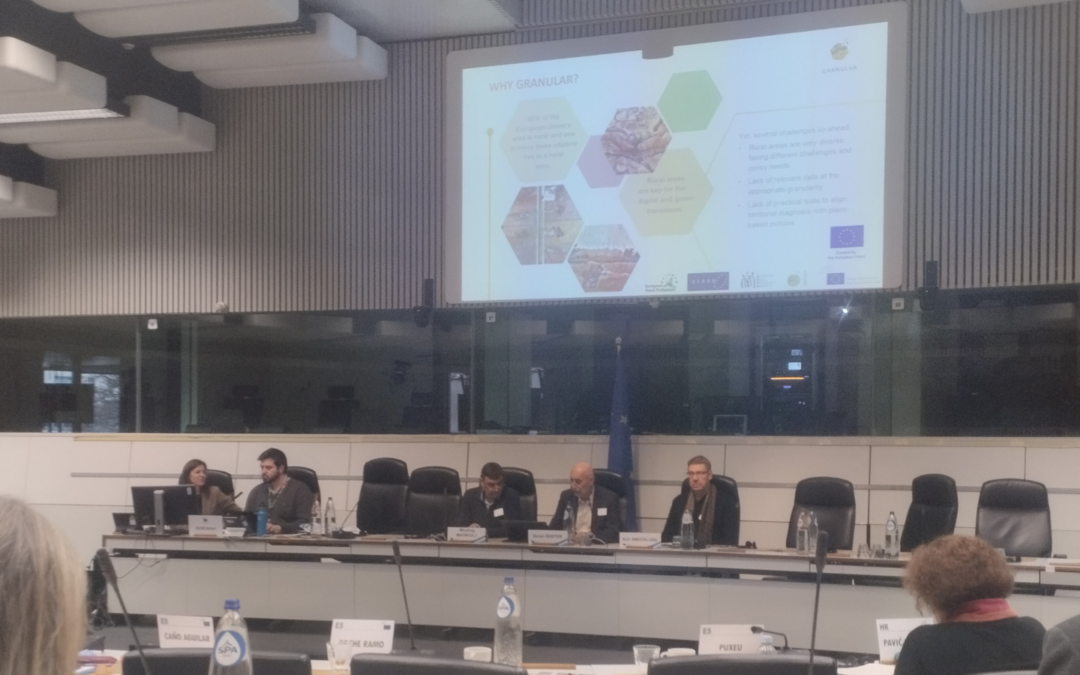Author: Merveille Ntabuhashe and Serafin Pazos-Vidal (AEIDL)
The European Union is strengthening its commitment to integrating rural areas into its policies through enhanced Rural Proofing measures, as shown by the new Vision for Agriculture and Food and a dedicated discussion in Agriculture and Fisheries Council.
Defining Rural Proofing mechanisms is highlighted as necessary to guarantee that policies are well-suited for individuals residing and working in rural areas.
Bridging the urban-rural gap
Rural Proofing is gaining a wider ground in the agenda of the EU institutions. On 20 February 2025 it was highlighted in the EU Vision for Agriculture and Food. Just a few days later, the Polish EU Presidency hosted a the first ever Council of the EU debate on rural proofing during the Agriculture and Fisheries Council meeting on 24 February 2025.
The ongoing preparations for the post 2027 EU policy and financial framework launched by the new European Commission underscore the critical role of robust rural communities in bolstering the EU’s overall prosperity, particularly concerning food security, environmental protection, and economic advancement.
Furthermore, building on the Presidency note on Rural Proofing a number of ministers stressed the need to strengthen and mainstream rural proofing mechanisms at all levels without creating additional bureaucracy. Many member states pointed to the importance of recognising the diversity of rural areas across the EU, and shared examples of successful approaches to rural proofing in their countries.
Challenges in rural areas
Significance is attached to understanding the needs and challenges encountered by rural populations and farmers to foster robust and vibrant rural areas. Work is underway on cross-sectoral solutions aimed at preventing rural depopulation. There was advocacy for allocating funding for development-oriented tasks not only through the CAP but also through other EU policies.
However, rural areas in many member states face increasing challenges concerning their demographic and economic situation. Different rates of territorial growth and development lead to a deepening inequality in access to civilisational, economic, and social achievements. The Council noted that conducting ex-ante and ex-post impact assessments of proposed solutions on rural development is insufficient to ensure a real impact on maintaining their viability and adequate response to the economic and social challenges they face.
Ministers stressed the importance of strong rural communities for the prosperity of the EU as a whole, in areas such as food security, environmental protection and economic growth. They called for rural development to remain part of a strong and independent common agricultural policy (CAP) post 2027.
Rural proofing as a solution for rural development
The European Commission presented its Vision for Agriculture and Food, emphasising the implementation of rural proofing to ensure EU policies effectively address the needs of citizens living and working in rural areas. This vision recognises the vital role of farming and food in sustaining vibrant and economically prosperous communities in rural and coastal areas, which are home to 25% of the EU population and cover 75% of the EU territory.
The Commission’s Vision acknowledges the importance of continued support for rural areas and emphasises that a broader understanding of the needs and challenges faced by rural populations and farmers is needed to ensure strong and vibrant rural areas.
Towards a “Rural Test”
The Commission Report “A long-term vision for the EU’s rural areas: key achievements and next steps”, revealed challenges in implementing Rural Proofing and indicated that previous solutions have been inadequate in verifying the real impact of EU policies and funds on rural development and in ensuring the effective combination of different funding sources for rural development. The recommendations resulting from the Strategic Dialogue on the Future of EU Agriculture argued the need for the establishment of a “Rural Test” by the Commission, designed to assess the rural inclusion performance of current and new EU legislation.
What’s next for EU rural areas?
The Commission will launch an updated EU Rural Action Plan in 2025 to consolidate projects, initiatives, and actions from numerous EU policies to respond to the new European policy priorities post-2027. The Vision specifically says that “the rural proofing principle, including territorial impact assessments, will be further operationalised and sufficiently resourced at the EU level¨.
GRANULAR, together with its sister project RUSTIK are indeed working in developing methodologies and toolkit to guide the implementation of rural proofing.
Beyond Europe work in rural proofing is also ongoing. Last 12 February the World Health Organisation hosted an international seminar on rural proofing in Ireland to which the European Commission and GRANULAR partner AEIDL were invited to contribute. International experiences in other continents (Oceania, USA, Africa, Asia) show that as in Europe Rural Proofing can have many methodologies, but is a process not a policy on its own. Equally, when considering such process, it is important to consider the actual capacity to carry out rural proofing but also proper mapping of actors and relationships. Having a proper narrative of results is as important as the evidence itself. Ideas no doubt worth reflecting on in Europe as we develop new approaches for Rural Proofing.

